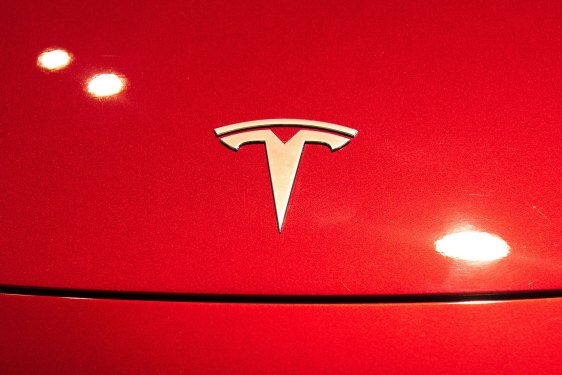A jury in federal court in Miami has found Tesla partially responsible for a fatal 2019 crash involving the company’s Autopilot driver assistance system. The jury awarded the plaintiffs $329 million in punitive and compensatory damages.
Neither the driver of the car nor the Autopilot system braked in time to avoid entering an intersection, where the vehicle struck an SUV and killed a pedestrian. The jury assigned two-thirds of the blame to the driver and one-third to Tesla. The driver faced separate legal action.
The verdict concludes a three-week trial over the crash, which resulted in the death of 20-year-old Naibel Benavides Leon and severe injuries to her boyfriend, Dillon Angulo. This ruling marks one of the first major legal decisions against Tesla regarding its driver assistance technology.
Brett Schreiber, the lead attorney for the plaintiffs, stated that Tesla designed Autopilot for controlled-access highways but deliberately failed to restrict its use elsewhere. He also referenced Elon Musk’s public claims that Autopilot performed better than human drivers.
Schreiber argued that Tesla’s misleading statements turned public roads into testing grounds for flawed technology, endangering lives like those of Naibel Benavides and Dillon Angulo. He called the verdict justice for Naibel’s death and Dillon’s injuries, holding Tesla and Musk accountable for prioritizing self-driving hype over safety.
Tesla announced plans to appeal the verdict, citing legal errors and irregularities during the trial. The company maintained that no vehicle in 2019 or today could have prevented the crash and accused plaintiffs’ lawyers of misplacing blame on Autopilot rather than the driver, who had admitted responsibility.
Tesla and Musk have long faced scrutiny over claims about Autopilot’s capabilities, which critics argue foster overconfidence in the system. Government officials, including Musk himself, have acknowledged this issue.
In 2020, the National Transportation Safety Board (NTSB) determined that Autopilot played a role in a fatal 2018 crash where the driver, Walter Huang, died after hitting a concrete barrier while playing a mobile game. The NTSB issued safety recommendations, which Tesla largely ignored, according to the board.
Musk previously acknowledged the risks of driver complacency with Autopilot, stating that users often overestimate the system’s capabilities.
The trial occurred as Tesla begins rolling out its Robotaxi network in Austin, Texas, using an advanced version of its Full Self-Driving technology.
The story has been updated to include the compensatory damages in the total award.

